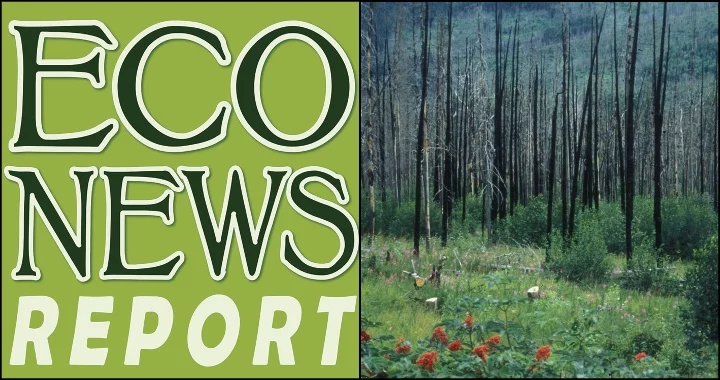Image: Cooper Phyllis, U.S. Fish and Wildlife Service. Public domain.
High-severity wildfires that burn communities are obviously bad. But what about high-severity fire that burns in the backcountry? Guest Dr. Dick Hutto, Emeritus Professor of biology and wildlife biology at the University of Montana and author of the recently published book A Beautifully Burned Forest: Learning to Celebrate Severe Forest Fire, makes the case that high-severity fire has been unfairly demonized and this fire forms an important and transitory habitat type.
Rethinking high-severity fire has policy consequences. Do we invest as heavily in fire risk reduction for wildlands or is funding better spent in and near communities? Do we invest as heavily in fire suppression where fires are burning far from human habitations? And what do we do after fires burn—do we log and replant or leave it be? Listen to hear Dr. Hutto’s prescriptions.
Want to learn more? Check out Dr. Hutto’s website on fire ecology.

CLICK TO MANAGE